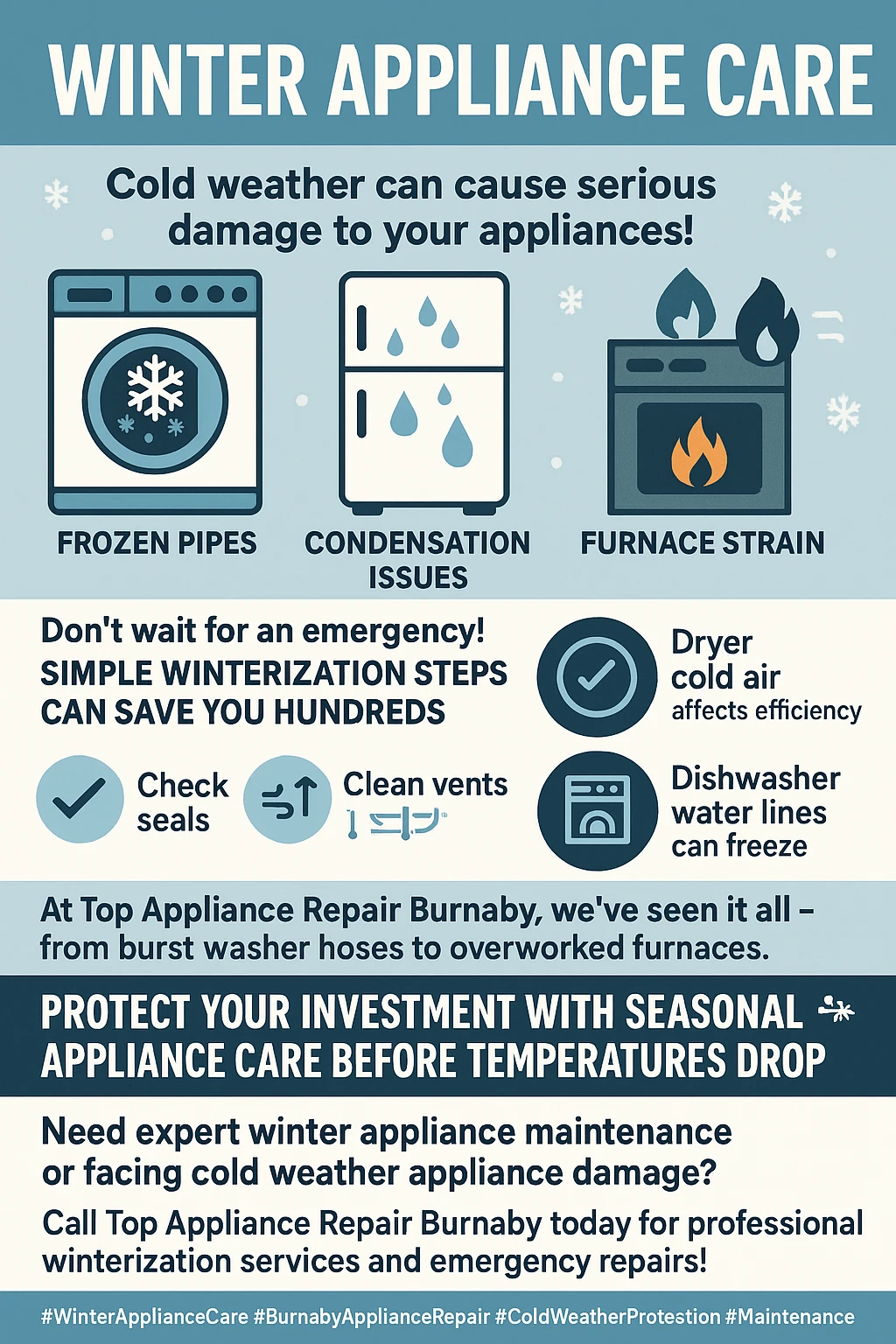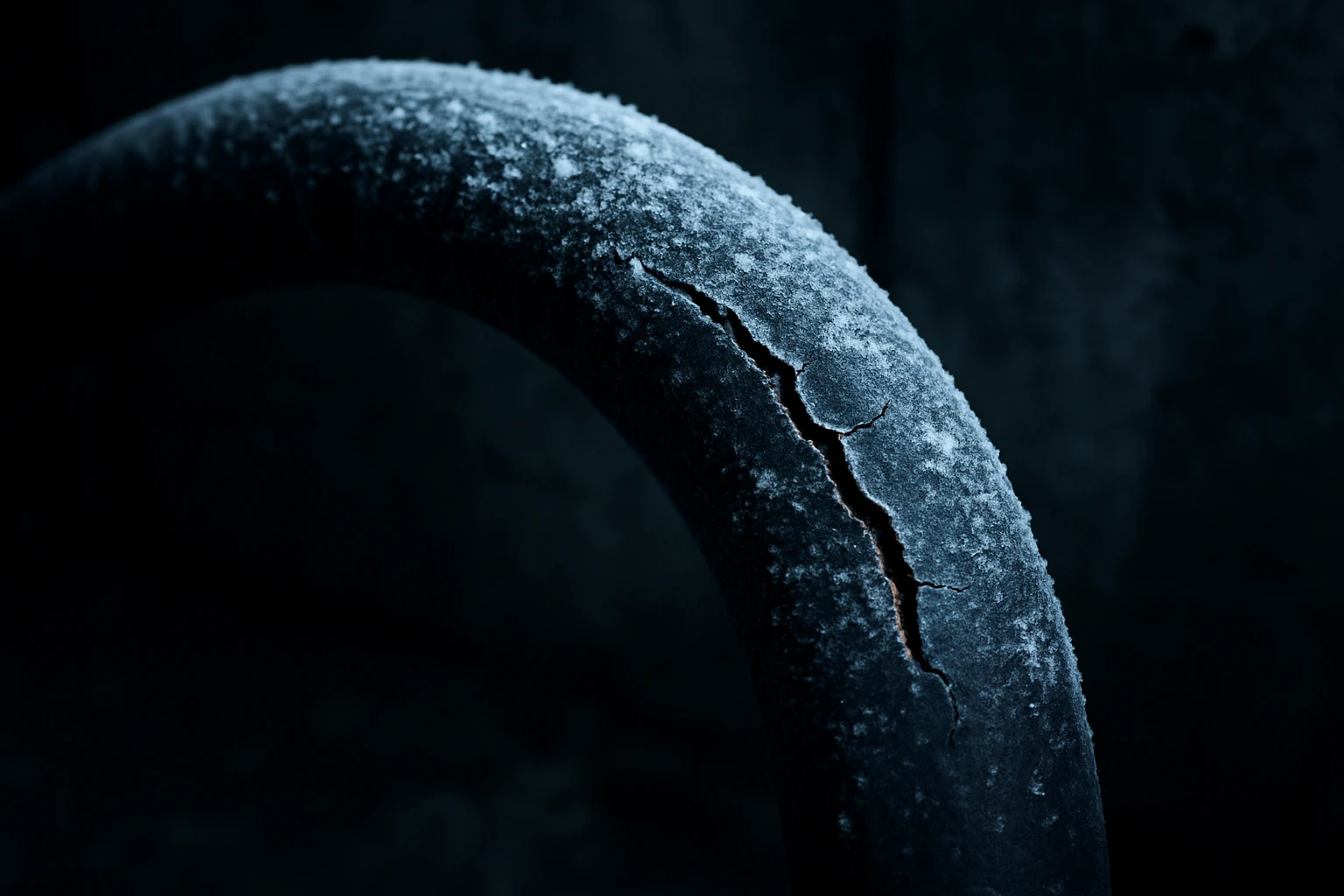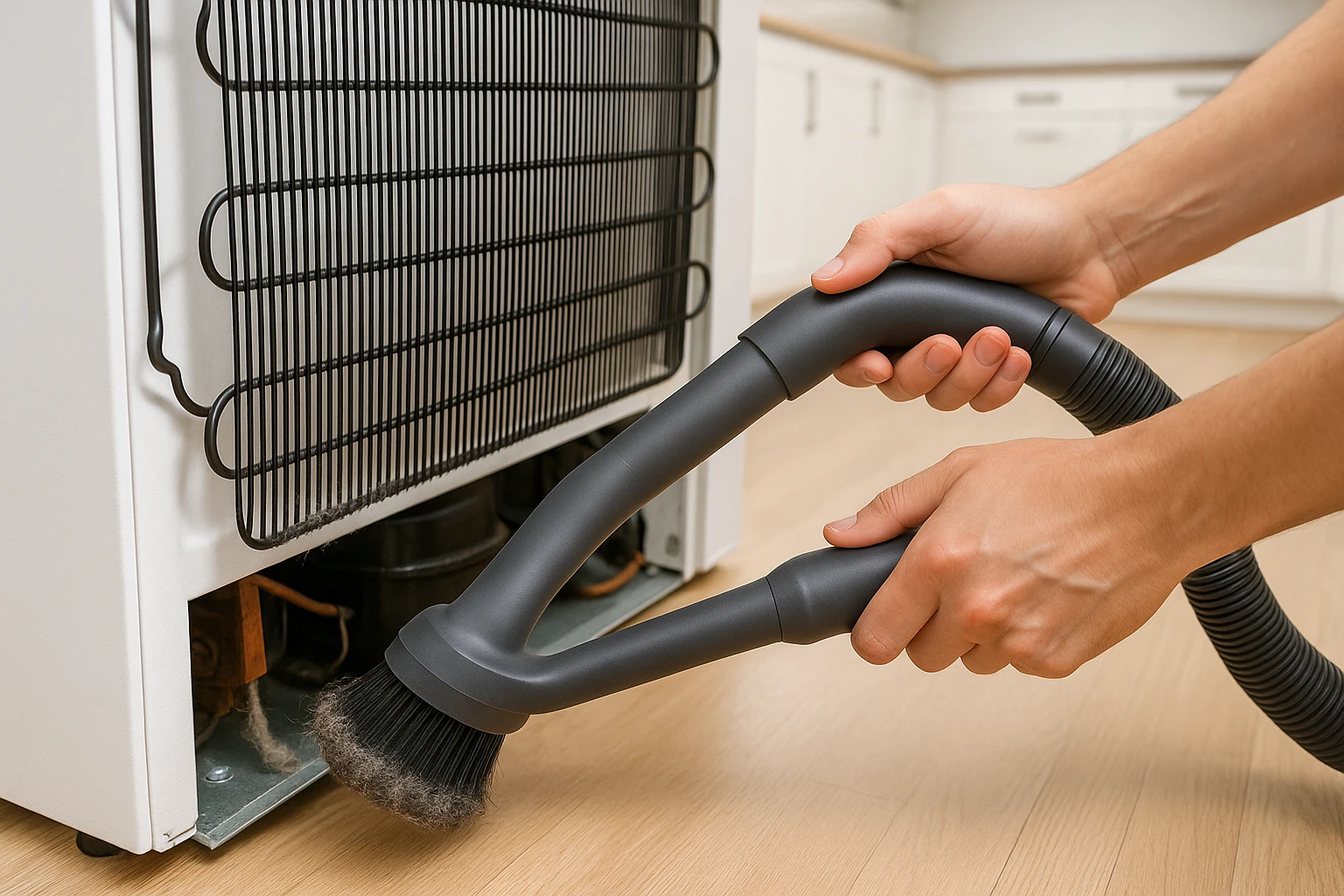Worried about your appliances surviving another brutal Canadian winter without breaking down when you need them most? Don’t stress – we’ve got the complete winterization guide that’ll keep your household heroes running smoothly through every freeze, thaw, and power surge that Burnaby’s unpredictable weather throws at them!
Picture this: it’s -15°C outside, the wind is howling, and you’re bundled up like a marshmallow when suddenly your dryer decides to give up the ghost right when you desperately need warm clothes. Trust me, I’ve been there, and it’s absolutely miserable! Living in Burnaby means dealing with some seriously unpredictable winter weather – one day it’s mild rain, the next we’re scraping ice and dealing with power outages. Our appliances feel every single degree of that temperature roller coaster, and they’re not always happy about it.

What makes Burnaby winters particularly tough on appliances isn’t just the cold – it’s the constant back-and-forth between freezing and mild temperatures that really wreaks havoc on our household equipment. Your washing machine’s hoses expand and contract, your refrigerator’s compressor works overtime, and your heating elements strain against the fluctuating demands. These aren’t just minor inconveniences either; they’re expensive problems waiting to happen if you don’t take action before winter hits hard.
The good news is that winter appliance prep doesn’t have to be complicated or expensive. With some basic maintenance tasks and a little forward thinking, you can prevent most cold weather disasters and keep everything running efficiently all season long. From protecting water lines to optimizing energy usage, proper preparation saves you money, prevents headaches, and extends the life of your appliances significantly.
Key Takeaways:
- Burnaby’s fluctuating winter temperatures create unique appliance stress requiring specific protection strategies
- Simple preventive maintenance performed before cold weather can prevent expensive emergency repairs
- Different appliances face distinct winter challenges – from frozen water lines to overworked heating elements
- Professional maintenance services can identify potential problems before they become costly disasters
- Proper winter preparation significantly extends appliance lifespan and improves energy efficiency throughout the season

How Cold Weather Damages Your Home Appliances
Understanding exactly how winter weather affects your appliances is the first step toward protecting them effectively. Cold temperatures don’t just make your appliances work harder – they actually cause physical changes in materials that can lead to permanent damage if you’re not prepared. Metal components contract, rubber seals become brittle, and moving parts require more energy to operate smoothly when temperatures drop.
The real challenge in Burnaby comes from our notorious freeze-thaw cycles that happen multiple times throughout winter. One week you’re enjoying 8°C temperatures and light rain, the next week you’re dealing with frozen pipes and ice-covered walkways. This constant temperature fluctuation puts enormous stress on appliance components, causing seals to expand and contract repeatedly, water lines to freeze and thaw, and heating elements to work overtime compensating for changing conditions.

Humidity adds another layer of complexity to winter appliance care. Burnaby’s winter air carries significant moisture, which creates condensation problems inside appliances, leads to rust and corrosion on metal components, and creates ideal conditions for mold and mildew growth in washers and dishwashers. When you combine high humidity with temperature swings, condensation forms in places it shouldn’t be, potentially causing electrical problems and water damage that can destroy appliances completely.
Essential Kitchen Appliance Winter Preparation
Moving from understanding the problems to taking preventive action, your kitchen appliances face some of the biggest winter-related stresses in your home, yet they’re often completely overlooked when it comes to seasonal maintenance. Between increased holiday cooking demands, colder water temperatures, and general strain from heating system cycles, your kitchen workhorses need extra attention to survive winter without breaking down.
Your refrigerator and freezer work constantly against temperature and humidity fluctuations during Burnaby winters. When ambient temperature in your home keeps changing due to heating cycles and outdoor weather variations, your fridge works much harder to maintain consistent internal temperatures. The compressor runs more frequently, door seals get stressed from temperature differentials, and condensation builds up in areas where it can cause serious damage.
Start by checking those door seals thoroughly – they’re your primary defense against energy waste and potential breakdowns. Winter weather makes rubber seals contract and lose flexibility, creating gaps that let cold air escape and warm, humid air enter. Test each seal by closing the door on a piece of paper; if you can pull the paper out easily, the seal needs immediate attention or replacement. This simple check prevents your compressor from overworking and potentially burning out during demanding winter months.
Don’t overlook the coils on the back or underneath your refrigerator during winter preparation. These coils need extra attention when your heating system circulates more dust and debris throughout the house. When coils get clogged with dust, pet hair, and particles, your refrigerator works exponentially harder, leading to higher energy bills and increased wear on expensive components. Vacuum these coils every couple months during winter, and check for moisture buildup or ice formation that could indicate humidity control problems.

Temperature settings become crucial during winter when your appliances already work harder than usual. Resist adjusting your refrigerator settings when weather gets cold – maintain 35-38°F (2-3°C) for the fridge and 0°F (-18°C) for the freezer. These settings ensure food safety while not overworking your appliance during the already demanding winter season. If you notice your refrigerator running constantly or struggling to maintain proper temperatures, call a professional before a minor issue becomes a major breakdown.
Protecting Your Dishwasher from Winter Challenges
Your dishwasher faces unique winter challenges that most Burnaby homeowners completely ignore until something goes wrong. The combination of colder water temperatures, increased holiday usage, and potential freezing issues with supply lines creates perfect conditions for breakdowns right when you need your dishwasher most. Winter water temperatures drop significantly, and dishwashers weren’t designed to handle ice-cold water efficiently.
The biggest issue occurs when water enters your dishwasher below 120°F (49°C) – the internal heating elements work overtime to bring it to proper cleaning temperature. This extra strain on expensive components can extend wash cycles significantly and make your dishwasher less efficient and more prone to failure. It’s particularly problematic in Burnaby where ground temperatures stay cold throughout winter, affecting water temperature in underground pipes.
Before running your dishwasher during winter months, always run your kitchen faucet until water gets hot. This ensures your dishwasher starts with optimal temperature water, reducing workload on internal heating elements and improving cleaning performance. This simple thirty-second habit prevents premature wear on components that cost hundreds to replace. Many people skip this step rushing through daily routines, but it’s worth the time when you consider dealing with a broken dishwasher during holiday entertaining.
Water line protection becomes critical if your dishwasher connects to supply lines running through unheated spaces like crawl spaces, basements, or along exterior walls. Even Burnaby’s relatively mild winter temperatures can freeze these lines if they’re exposed to drafts or uninsulated areas. Check all connections before winter, look for signs of wear, corrosion, or loose fittings that cold weather could worsen, and consider adding insulation around exposed pipes.
Safeguarding Your Laundry Equipment
Building on kitchen appliance preparation, your laundry room faces some of the most significant winter challenges in your entire house, yet it typically gets the least attention for seasonal maintenance. Between handling heavier winter loads, dealing with increased moisture issues, and potentially being located in unheated spaces, your washer and dryer work harder than ever when they’re most vulnerable to weather-related problems.
Your washing machine deals with double challenges during Burnaby winters – incoming water is significantly colder, making detergents less effective, while you’re asking it to handle much heavier loads with winter coats, sweaters, and blankets that retain more water and strain the motor and suspension system. Cold water creates problems with detergent activation, meaning clothes might not get properly clean, tempting you to rewash items and putting additional stress on your machine.
Water line connections deserve special attention, especially if your washer is in a basement, garage, or utility room without consistent heating. Even Burnaby’s mild winter temperatures cause problems if connections are exposed to drafts or temperature fluctuations. Check all supply lines for wear signs, replace any that look cracked or corroded, and ensure shutoff valves work properly. If your laundry
